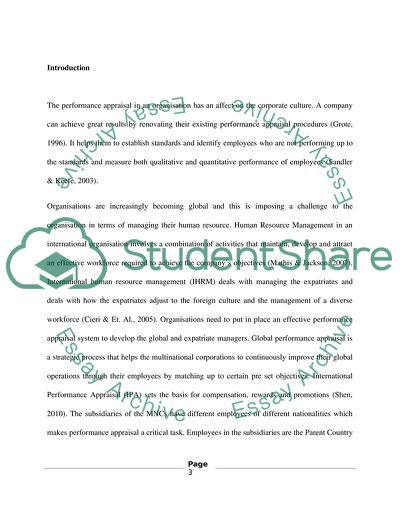Cite this document
(The Development of a Competent Global Manager Term Paper - 3, n.d.)
The Development of a Competent Global Manager Term Paper - 3. Retrieved from https://studentshare.org/human-resources/1574838-managing-human-resources
The Development of a Competent Global Manager Term Paper - 3. Retrieved from https://studentshare.org/human-resources/1574838-managing-human-resources
(The Development of a Competent Global Manager Term Paper - 3)
The Development of a Competent Global Manager Term Paper - 3. https://studentshare.org/human-resources/1574838-managing-human-resources.
The Development of a Competent Global Manager Term Paper - 3. https://studentshare.org/human-resources/1574838-managing-human-resources.
“The Development of a Competent Global Manager Term Paper - 3”. https://studentshare.org/human-resources/1574838-managing-human-resources.


